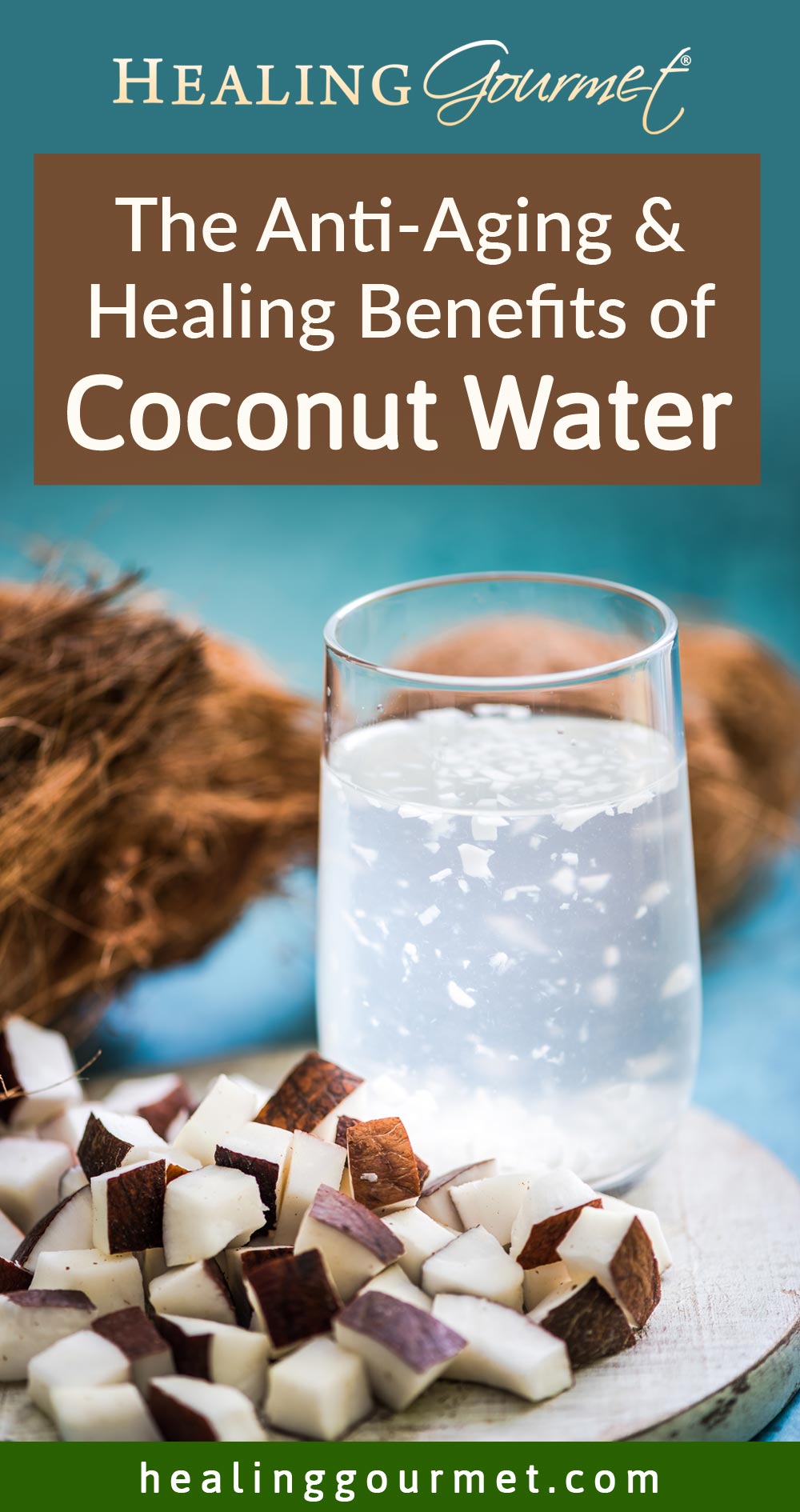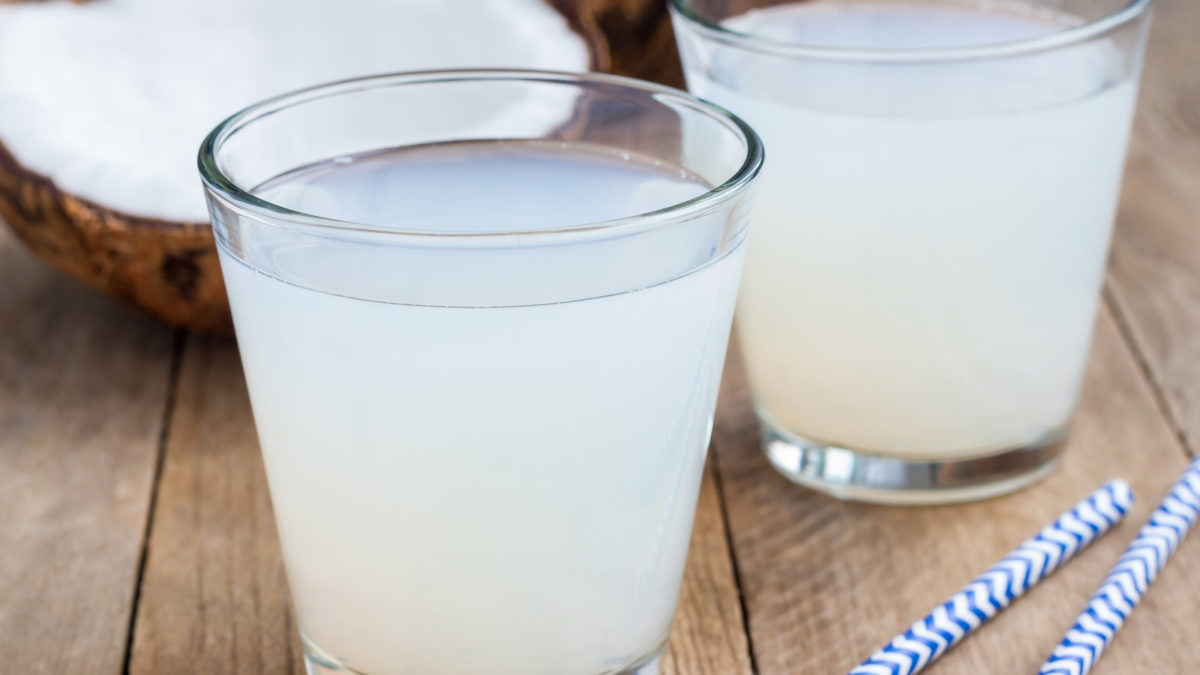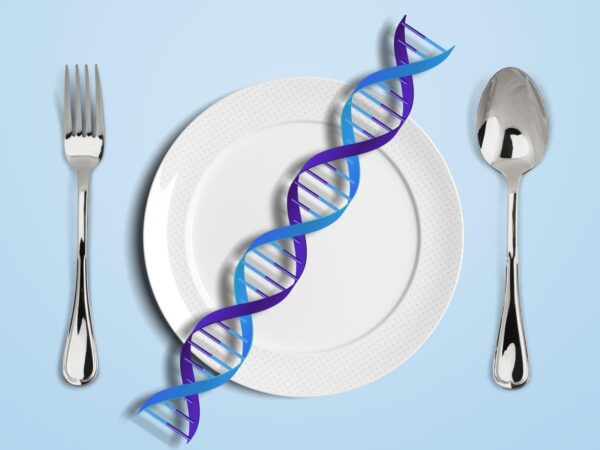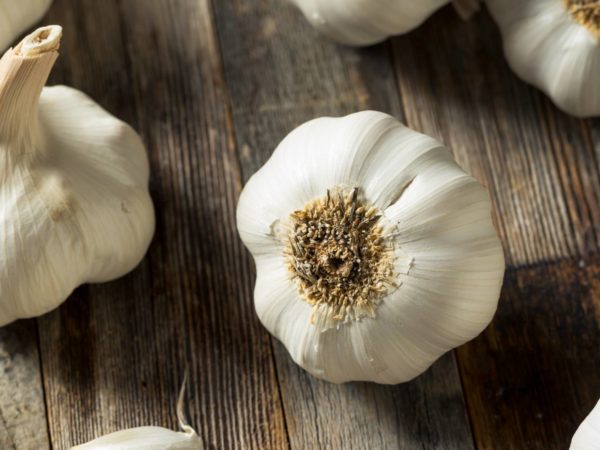The Surprising Health Benefits of Coconut Water
During the days of World War II, there was a shortage of medical saline. As you can imagine, this was a life or death issue for injured soldiers. In a pinch, doctors found that the water from young coconuts was a good substitute. With a nutrient profile similar to blood plasma, many soldiers received intravenous treatment with coconut water.
Of course, you won’t be hooking yourself up to the nearest coconut. But this does offer insight into the health benefits of coconut water.
In 2000, The American Journal of Emergency Medicine published a review about coconut water, describing its plasma-like benefits:
“Medical resources routinely used for intravenous hydration and resuscitation of critically ill patients may be limited in remote regions of the world. When faced with these shortages, physicians have had to improvise with available resources, or simply do without. We report the successful use of coconut water as a short-term intravenous hydration fluid for a Solomon Island patient.”1
But it’s not just human cells that come to life…
Coconut water has been used in horticulture for more than 50 years.2 It is also used to promote the growth of fungi, bacteria and for preserving cells from the ligaments of teeth!3
Once you look closer at the properties of coconut water, you will see why it has so much to give. A review published in the journal Molecules calls coconut water “one of the world’s most versatile natural products”.
So let’s see how coconut water benefits your body at the cellular level… and how you can use it to improve your health.
Decrease Blood Pressure and Increase Vitality!
If we enlarged your cells, you would see a vast network of vitamins, minerals and amino acids – all whizzing among a globe of water. But they’re not there by accident. To be healthy, our cells need the right nutrients – in the right ratios! These ratios allow your cells to communicate with each other.
One of the key ratios is the amount of sodium to potassium. In fact, this electrolyte ratio is so important that it is often called the “vitality ratio.” When it is out of balance your risk for high blood pressure, heart disease and stroke all increase.
A 2011 study, published in the Archives of Internal Medicine, looked at the effects of sodium and potassium on our health.4 The researchers analyzed over 12,000 adults. They followed up with them for almost 15 years. They found that heart disease is closely associated with a high ratio of sodium to potassium. They also found a significant increase in death from other diseases.
According to a paper in The New England Journal of Medicine, our Paleolithic ancestors consumed nearly 16 times more potassium than sodium. Now, compare that to the average American today, who consumes two times more sodium than potassium!
Of course, we don’t know exactly what our ancient ancestors consumed. And we don’t know the “ideal” ratio of sodium to potassium for optimal health. But a number of health experts recommend that it should be between 1:2 and 1:3.
In other words, for every 1000 mg of sodium in your diet, you should consume 2000-3000 mg of potassium.
The good news is that it’s easy to improve your vitality ratio.
The first step is to cut out processed and package foods. This is where most of the sodium in our diet comes from – not because we’re shaking too much salt at the dinner table. Next, add more potassium to your diet.
And coconut water is a delicious way to do it!
Eight ounces of coconut water contains 250 mg sodium to 600 mg potassium (1:2.4 ratio). And while it’s not the richest source of potassium you can consume, it can go a long way toward meeting your recommend daily requirement of 4,700 mg – especially when combined with other ancestral foods, like:
- Whole avocado – 975 mg
- 3 cups green vegetables – 800-900 mg
- 1 cup cooked spinach – 839 mg
- 2 ounces pumpkin seeds – 588 mg
- 1 banana – 422 mg
- 3 Tbsp. dried herbs – 300 mg (approx)
- 2 Tbsp. raw cacao – 160 mg
- 1 scoop (20 g) Vital Whey – 100 mg
Try a smoothie with a cup of coconut water, raw cacao, half an avocado, half a banana, a scoop of Vital Whey, a handful of spinach and enough water to reach the proper thickness. This equates roughly to a blood pressure lowering 2,000 mg of potassium – almost half your daily requirement in one delicious drink.
Coconut Water Benefits Tired, Aging Cells
Coconut water isn’t exactly water. And that’s part of its anti-aging charm! It is actually part of the endosperm of the coconut. The purpose is to provide nutrients to the developing flesh inside the fruit. That means it comes packed with vitamins, minerals, amino acids and other phytochemicals.
One of these is kinetin.
If you look at various anti-aging creams you might see kinetin(Kn) listed as a key ingredient. Research demonstrates that kinetin can exert anti-aging effects in both animals and human cells.
A 1994 study found that when kinetin was introduced to human cells in vitro, aging was delayed. The researchers stated:
“Results show that the cytokinin Kn delays the onset of several cellular and biochemical characteristics associated with cellular ageing in vitro.”
And when the cells had kinetin removed…
“On removal of Kn from the culture medium, aging characteristics began to reappear”.5
Research also shows that kinetin:
- Exists naturally in human DNA
- Functions as an antioxidant against free radical damage
- Shown to slow aging in fruit flies
So, not only does coconut water benefit cellular health… it could also make them functionally younger!
Five Tasty Ways to Use Coconut Water as Cell Food
For rapid hydration: Drink one cup of coconut water after sports or if feeling under the weather. Use in place of commercial electrolyte drinks which are loaded with added sugars, artificial flavors, colors and other unhealthy ingredients. For excessive sweating, vomiting or dirrhea, you may want to just add an extra ¼ tsp of quality sea salt.
Reduce sugar intake: Use berries with coconut water in smoothies to create the sweetness. Replace high sugar fruits like bananas with potassium-rich avocado.
Switch up your coffee and tea: Try a coconut water iced coffee or iced tea for something a little different.
Add to juices: Try a low-sugar juice like cucumber, celery, ginger, spinach and lemon. Top off with coconut water for a refreshing, hydrating drink.
Coconut water vinaigrette: Mix ¼ cup coconut water, 2 Tbsp. fresh lemon juice, 2 Tbsp. olive oil, 1 tsp salt, ½ tsp black pepper.
When selecting coconut water, always look for those packed in cartons (not cans), and made with no added sugar or preservatives. For water fresh from the coconut, look for Thai young coconuts. They are cream colored, with a pointed top – and the freshest coconut water you can enjoy.
Start enjoying coconut water today to optimize hydration, boost disease-fighting potassium levels and slow cellular aging!





Leave a Reply